Over the last twelve months, COVID-19 has changed the hiring needs of most companies. However, the impact has had different effects for different industries. In most industries, there has been a decline in hiring, but in some, the demand for new people has soared.
Digital DNA had an exclusive chat with Sean Devlin, Associate Director of IT & Technical at MCS Group about the changes in the recruitment industry, job market and the new trends we will see in recruitment. Sean has been in the Technical recruitment industry for over 10 years. After joining MCS Group as a Trainee Recruitment Consultant, Sean is now Associate Director managing the largest Technical recruitment team in NI. He plays a key role in helping companies of all sizes reach their business goals and over the last five years has worked closely with Invest NI, assisting companies set-up and develop world-class technology centres.
Read more from Sean as he answers some of our key questions, on How COVID-19 has changed the recruitment industry, Are these changes here to stay? What will the future of recruitment look like?
What did we see and what are the key trends we expect to continue through 2021?
In the twelve months since the pandemic hit Northern Ireland, MCS Group has supported companies of all shapes and sizes as we all dealt with the fallout on our businesses and worked our way through what seemed like an endless cycle of change.
After the first six to eight weeks of uncertainty over spring 2020, it was clear that most technology businesses were adapting well to the switch to home working and the appetite for technology consumption was only getting stronger. From immediate concern around the future at the point of the first lockdown, the question quickly changed to, “How do we continue to build our team and support our people to ensure our customers’ needs are met?”
Below is a short snapshot of what we saw and what we expect to happen over the year ahead.
Remote Interviewing is here to stay
With the accessibility of tools such as Zoom, Teams, Google Meet and others, switching to remote interviewing was a reasonably straightforward process. The bigger challenge was for organisations to feel confident that they could hire successfully without the traditional face-to-face interview, but as confidence in video interviewing grew, most organisations moved to a fully remote hiring process.
Ultimately, going remote, allowed for a more flexible approach to interviewing, helped companies speed up their times to hire and, if handled correctly, sometimes added to the candidate experience.
Looking ahead, much like the office itself, we would expect to see a much more hybrid approach being utilised, with final stage interviews in the office if possible. Technology companies have struggled to replicate the whiteboard sessions remotely, although technology in this area is developing and there are now many companies releasing software in this space that may solve the problem.
Shorter Recruitment processes
From 21 Days in early 2020, the average recruitment process for technology roles in Northern Ireland now takes 11 days from application to final stage interview. We are seeing the dynamic shift towards shorter and shorter processes leading to improved time to hire across the board. While difficult to know where this will level out, we expect that trend to continue for now. Video interviewing, technical assessments and competition for skills means it’s a necessity.
Companies have embraced video assessments instead of CVs for the first review, removed unnecessary multiple rounds of technical assessments and invested in training hiring managers on interviewing so that they can make better decisions quickly.
Security, Data & Cloud Computing skills will continue to explode.
This is not new. Northern Ireland has been at the forefront of building strong skillsets in and around all of these areas. Both Queens and UU have launched degree courses specialising in Security and Data. We also have an up-and-coming start-up community to complement some of the recent US and UK Investments in this space.
Since October 2020, the appetite for these skills has risen by over 300% when assessing both job board activity and our own data. While we will continue to see growth in the need for software engineers, we expect these areas to increase more rapidly throughout the year as businesses look to build more multi-functional teams in Northern Ireland.



